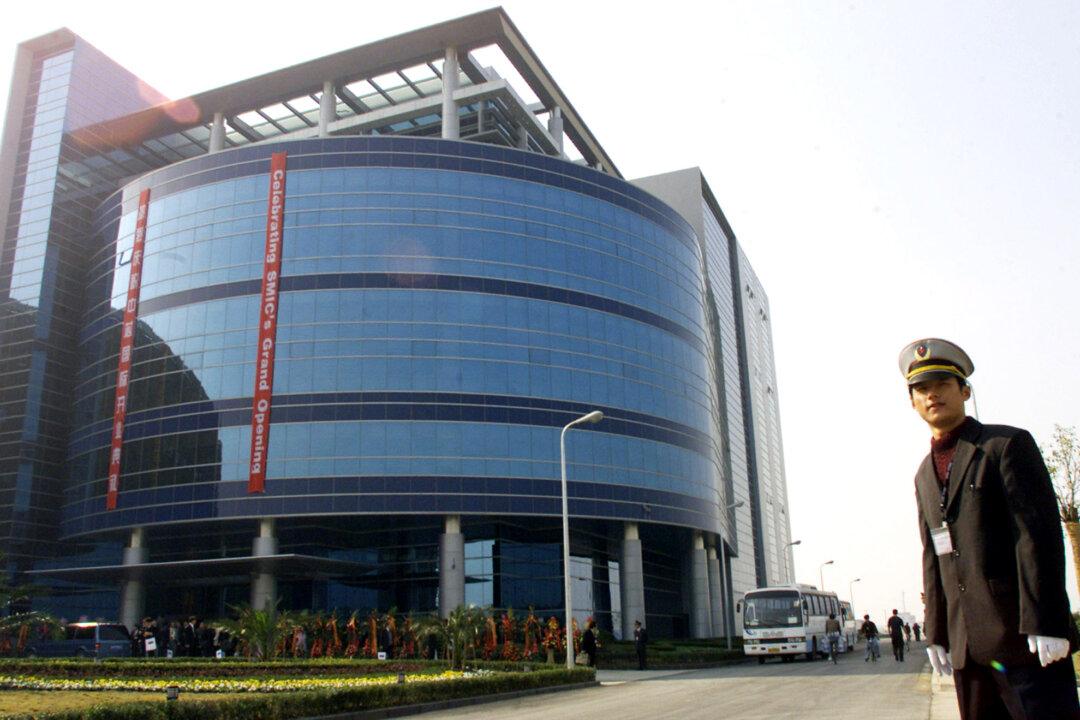Shares of SMIC, China’s biggest contract chipmaker, plunged more than 20 percent on the Hong Kong Stock Exchange on Sept. 7, after the Pentagon said it was considering an export ban on the Chinese company.
Shares tumbled almost 23 percent to HK$18.24 ($2.35), wiping about HK$28 billion (about $3.6 billion) off its market value. SMIC’s shares listed on the Shanghai Stock Exchange fell about 11 percent, closing at 58.8 yuan ($8.61) per share.





